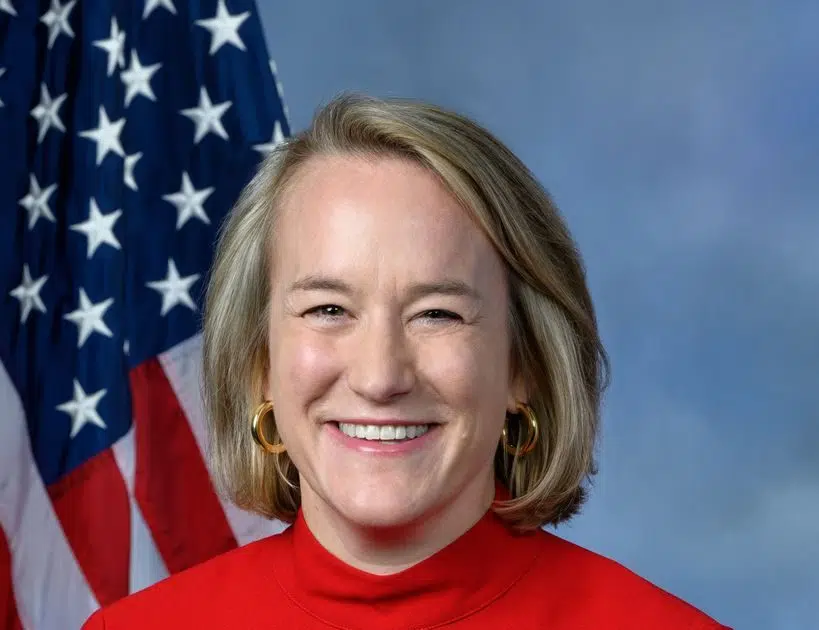



The US Treasury Department has proposed an update to the Committee on Foreign Investment in the United States (CFIUS) rules that would expand the committee's jurisdiction over foreign real estate purchases. This proposal aims to enhance national security by allowing CFIUS to review foreign investment in existing US businesses as well as greenfield investments. The update comes in response to rising concerns over Chinese investment in US real estate near sensitive locations, such as military bases. The proposed rules would add a list of about fifty sensitive sites to the real estate rules' appendix, expanding CFIUS's jurisdiction to any land acquisition by foreign buyers that occurs close to a listed government site. This move could potentially restrict Chinese greenfield investment in designated areas near sensitive sites, although it would only apply to future transactions and not retroactively [43a7bfc3].
CFIUS, established in 1975 by President Gerald Ford, is an interagency body that reviews foreign investments in U.S. businesses to safeguard national security. The committee is chaired by the Secretary of the Treasury and includes representatives from Defense, Homeland Security, State, Justice, and Commerce. Key legislation, including the Defense Production Act of 1950 and the Foreign Investment Risk Review Modernization Act of 2018 (FIRRMA), has expanded CFIUS's authority to review non-controlling foreign investments in critical technologies, infrastructure, and data [3b34a33f].
The expansion of CFIUS' review authority comes as Congresswoman Nikki Budzinski and Congressman Mike Bost sent a letter to U.S. Treasury Secretary Janet Yellen urging CFIUS to review the recent acquisition of the Cahokia grain terminal by COFCO International, a Chinese state-run company. The acquisition of the Cahokia facility, located near St. Louis, has raised concerns about national security and the region's agricultural economy. Budzinski and Bost requested that CFIUS consider these concerns and investigate the acquisition further [68b784d7].
CFIUS' role in monitoring foreign property transactions near military installations has come under scrutiny in relation to Commonwealth Fusion Systems, a company working on fusion technology. Commonwealth Fusion Systems has received significant investments, including from foreign entities, raising concerns about potential foreign control and the implications for national security. The success of Commonwealth Fusion Systems in developing fusion technology could have significant economic implications for the U.S. economy. Given the potential economic impact and the foreign investments involved, it is understandable why some believe CFIUS should be monitoring the company closely [f40832d9].
The review process for CFIUS involves an initial 45-day review and a possible 45-day investigation, with the President having the final say on national security concerns. CFIUS focuses on critical technologies, infrastructure, and data security, scrutinizing investments from countries like China and Russia. However, the committee faces criticism for its opaque processes and potential political influences, making legal counsel advisable for compliance risks in cross-border transactions [3b34a33f].